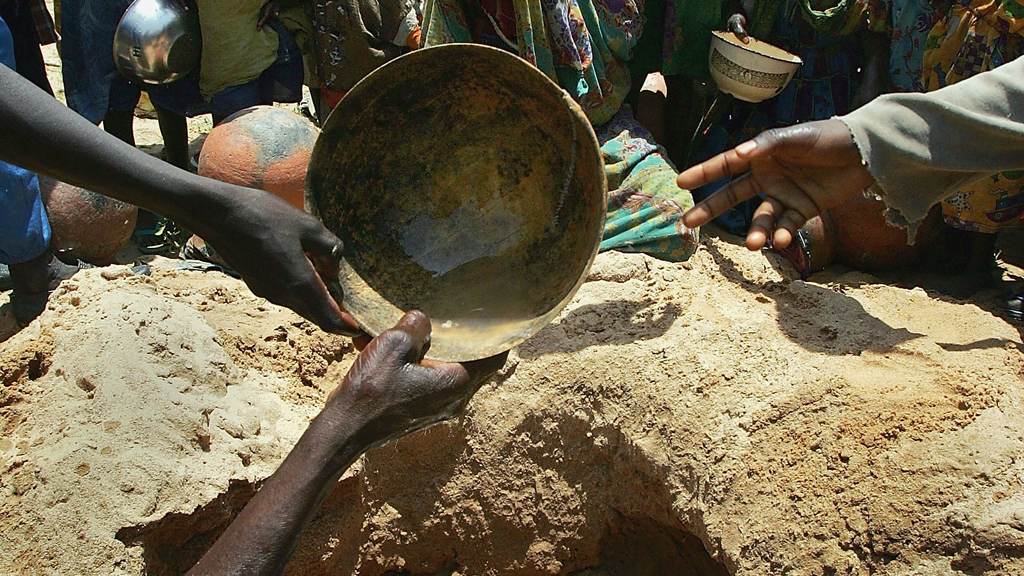MPs: ‘Ditch overseas aid target’
The government should scrap its overseas development spending target if it cannot ensure good value for money, a cross-party committee has urged.

The International Development Select Committee said the coalition’s commitment to spend 0.7 per cent of gross national income every year could backfire if projects are cancelled or delayed.
The Department for International Development (DFID) could end up wasting money on projects that are not cost-effective just to hit the annual target, MPs fear.
The the committee said: “DFID does much good work and enjoys a high international reputation, but it faces a major challenge in ensuring it can spend the large increase in funds cost-effectively while its administrative costs are declining.”
The department brought forward £450 million of spending into 2011 to meet its planned expenditure for that year, the committee said.
“We understand that DFID operates in unpredictable environments where change is constant, but any rescheduled, or increased spending must provide value for money,” MPs added.
“DFID should miss ODA (official development assistance) calendar year spending targets where there are delays or cancellations to its planned projects and it does not have alternatives which provide good value for money.”
MPs also found that about two-thirds of DFID’s spending in 2011/12 went through multilateral organisations like the United Nations and the World Bank despite “high costs and limited effectiveness”.
The committee said the government should set up a Development Bank to invest surplus cash rather than rushing to spend it by the end of each year.
Committee chairman Sir Malcolm Bruce, a Liberal Democrat MP, said: “We are worried that pressure to meet targets to increase overseas development aid could lead to DFID making poor spending decisions.
“The department should be prepared to miss aid targets where there are delays or cancellations to its planned projects and it does not have good value alternatives.”
Their report was published as the prime minister travelled to Liberia to attend an international development conference. David Cameron is chair of a United Nations committee established to agreeing a new set of Millennium Development Goals (MDGs) to replace the current ones which expire in 2015. The Monrovia meeting will focus on social equity, environmental sustainability and economic transformation.
-
Latest news
-
Year of civil war in Sudan ‘a nightmare of hunger and displacement’4m

-
Israel fears repeat Iran attack, says former editor of Jerusalem Post4m

-
How long could it take to clear the Rwanda asylum seeker backlog?3m

-
Rwanda asylum boost for Sunak as bill expected to become law2m

-
Donald Trump trial: day one of historic Stormy Daniels court case4m

-




